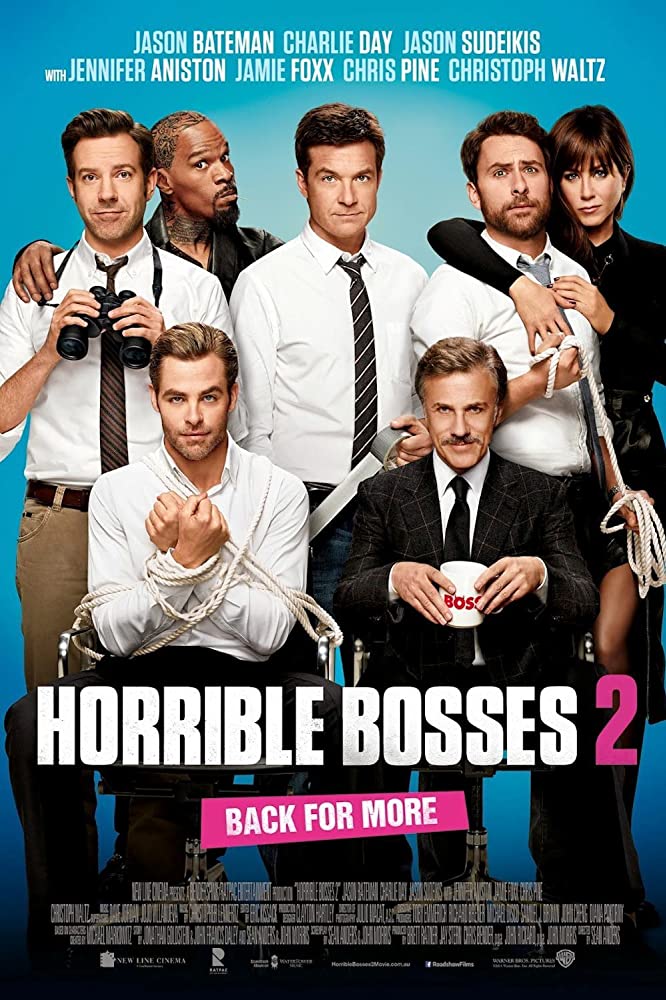Unleashing your inner boss:
The face of corporate America has changed significantly in the last two decades.
Authoritarian bosses are being replaced by empathic leaders, roles traditionally deemed for working people are now automated by AI run machines, and our ability to achieve within this world is not solely linked to our capacity to deliver on a regular, singular task.
More than ever, we are expected to lead.
My career path is one that has been massively impacted by my ability (or lack thereof) to unleash my inner boss. In fact, there were points in my career where fatigue, weariness, and exhaustion overtook me completely—to the point that I was acting more like an intern than a boss.
Twenty-three years in the corporate world is enough time for all your insecurities to come into the foreground. If anything, the process has been truly valuable in that it taught me how to unleash my inner boss and step out of my own way. I often get asked how to do this, and, to me at least, there are really only three things to change.
From blame to responsibility:
Not taking time for self-care has, at points in my career, left me overextended, overthinking, and underperforming at work. It was easiest to blame others or external circumstances for the way I felt overwhelmed, rather than accepting responsibility to change how I felt.
The biggest issue with this method of coping was that while blame diverted the attention from me, it also consequently handed control to whoever or whatever I was blaming. Equally, it made asking for help difficult because I didn’t see myself as the problem; everyone or everything else was the problem. As such, I didn’t need or even deserve help. As a result of this, I self-sabotaged corporate relationships by not building trust with my colleagues.
Part of unleashing my inner boss was learning that there is great value in taking responsibility for yourself, your career path, and your relationships with others. It’s easiest to blame—the true boss leads by taking responsibility, asking for help when needed, and making sure that issues are resolved in an open forum where no one’s opinion is invalidated. Blame is a game played by bitter employees; a boss who truly wants to lead cannot afford this luxury.
Stop fixing others, start making a difference:
As a leader, I always felt that it was my job to ensure that my employees were doing their tasks the “right” way. As such, I ended up micro-managing everything, ensuring tasks were always completed efficiently. This management style ended up removing my team’s ability to think for themselves. In short, it was my way or the highway.
Part of unleashing my inner boss was realizing that my team could operate even more efficiently without my constant input. Focusing on giving them all of the requisite tools that a task entailed—and then giving them the autonomy to deliver it—allowed me to build a mutual respect with them, and soon they were coming to me for help!
Crushing negative self-talk:
I grew up in a poor neighborhood, and I remember my mother saying that we were lucky because we had food stamps. To be clear, I didn’t feel all too lucky at the time. In fact, I felt so unlucky that I developed a whole host of negative thinking patterns. Patterns that only compounded over time to create a mind filled with lack and insecurity.
At one imperceptible point in time, my inner boss was silenced and replaced with a harsh and vindictive inner critic. Within the world of work, the negative self-talk stopped me from celebrating how far I’d come and instead focused on where I hadn’t gone yet. For many years, I felt helpless, exhausted, and depressed.
The final component of unleashing my inner boss came from firing my inner critic. Although I never advocate for excessive (almost delusional) positive thinking, I do now see the importance of positively reframing and responding to life’s challenges once we have accepted them as they are. Without my inner critic in the way, my inner boss is unleashed, and once it has assessed the damage in a practical sense, it then serves up the rousing speech that allows me to move on.
If you do only three things in pursuing greater success within the corporate world, make these your three. The world needs more leaders who are willing to take responsibility, focus on helping others without trying to fix them, and who come from a place unhindered by their own negative self-talk.
Any forward-thinking business could benefit greatly from this type of leadership and given that the world of work has shifted so profoundly in the last 23 years toward autonomy and empathy, it may be that, soon enough, this is exactly what is expected of all leaders.











Read 4 comments and reply